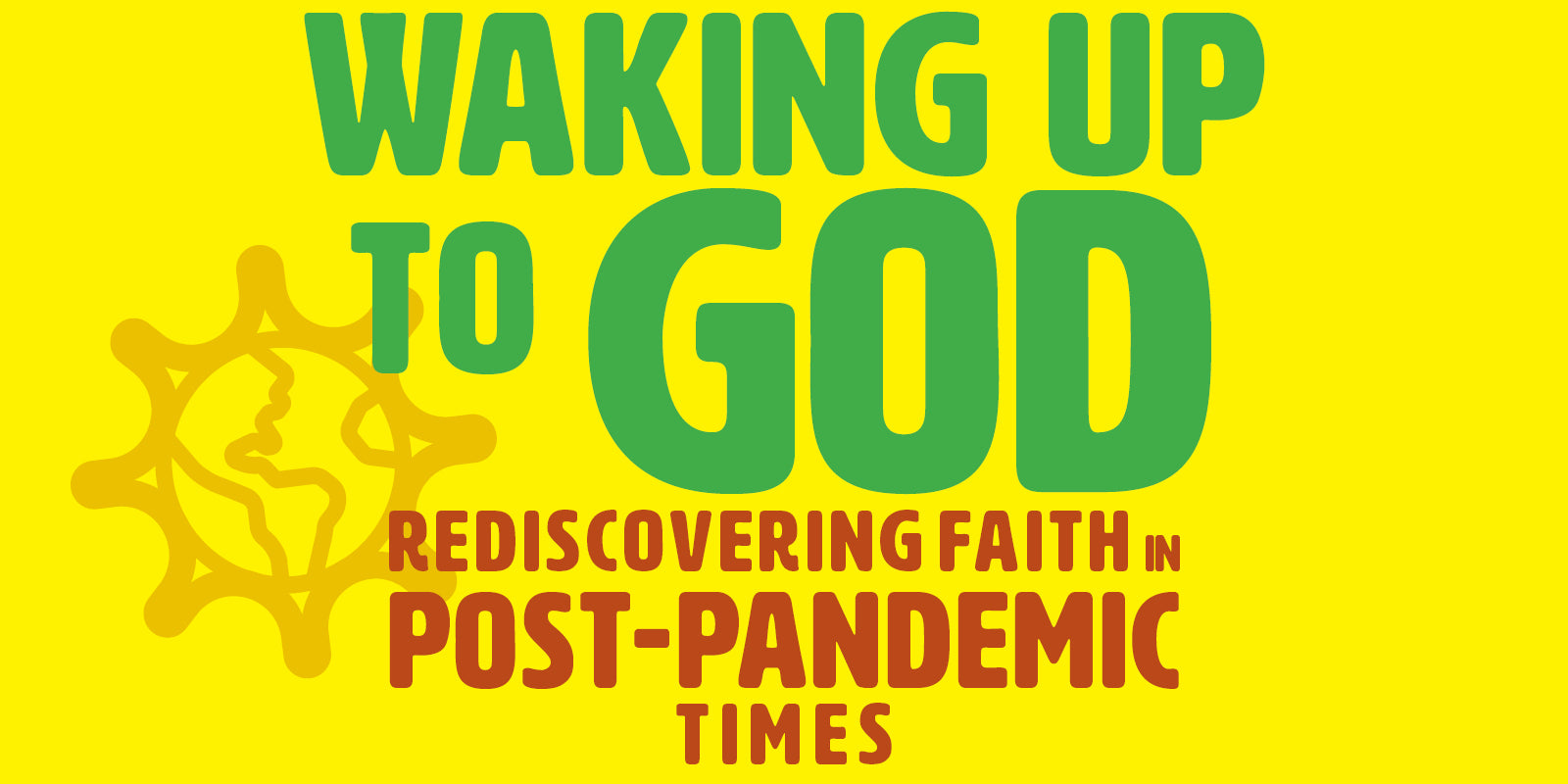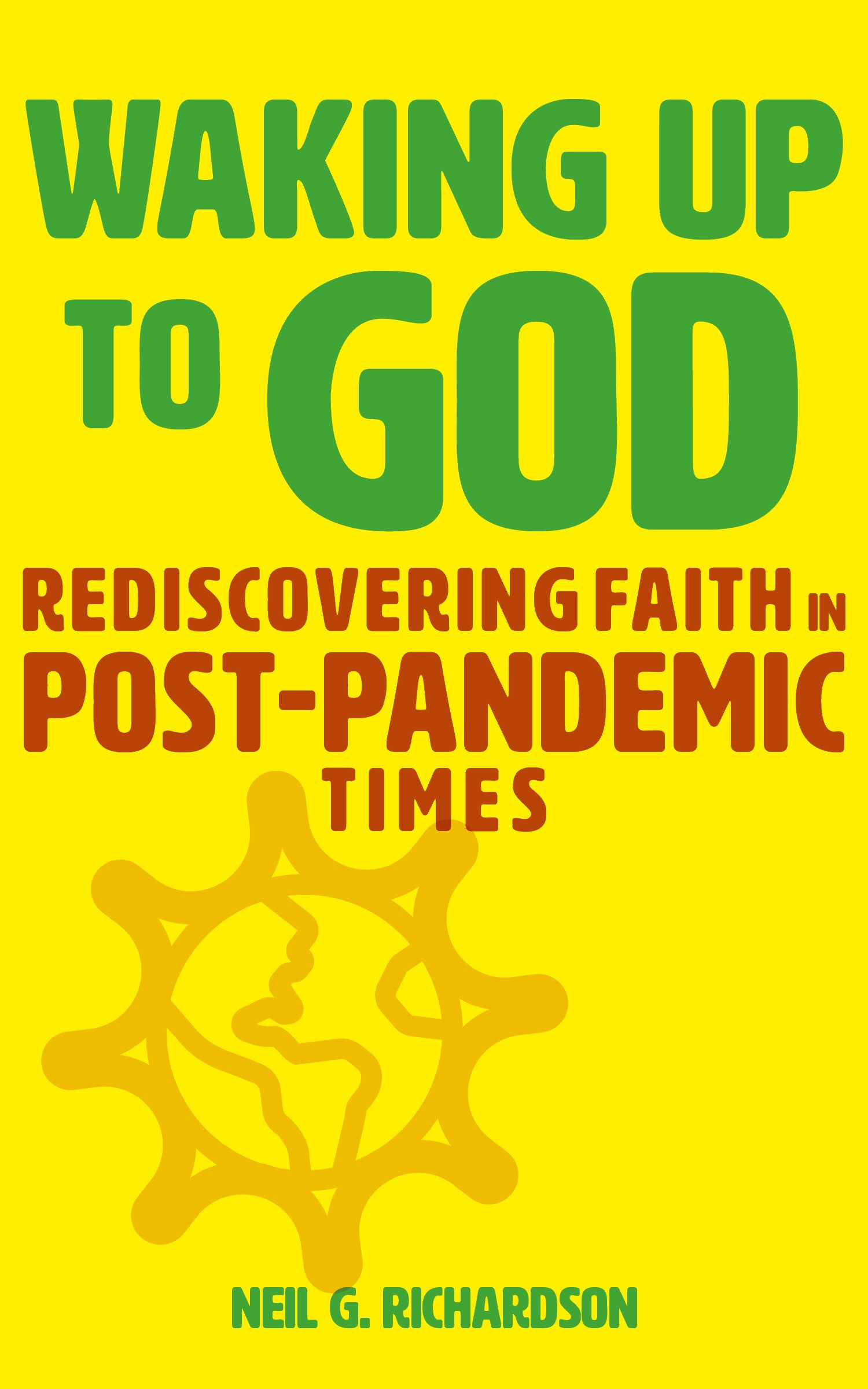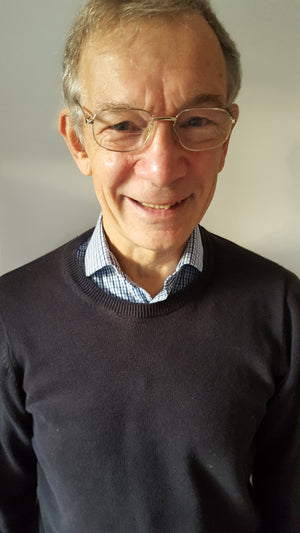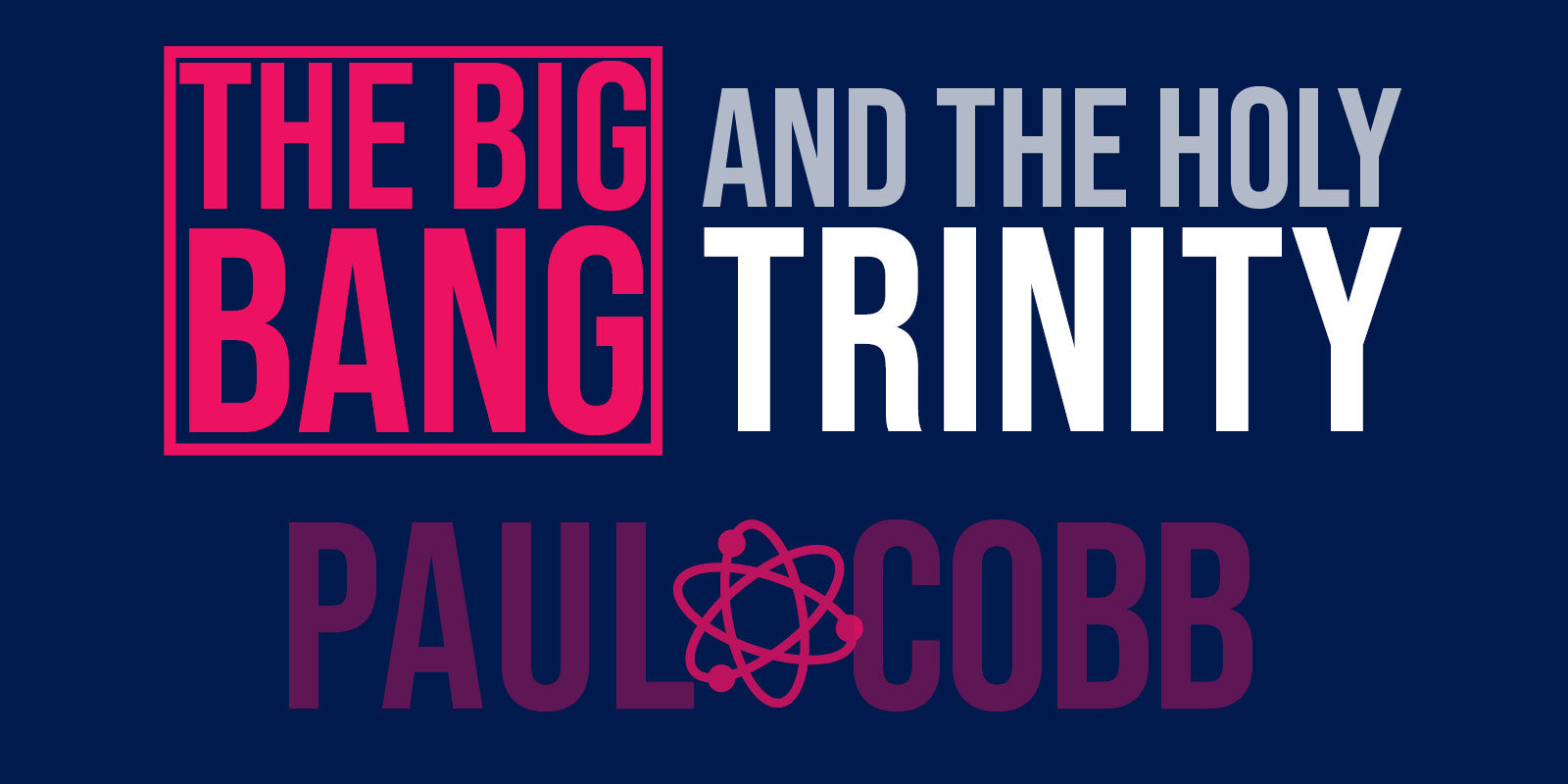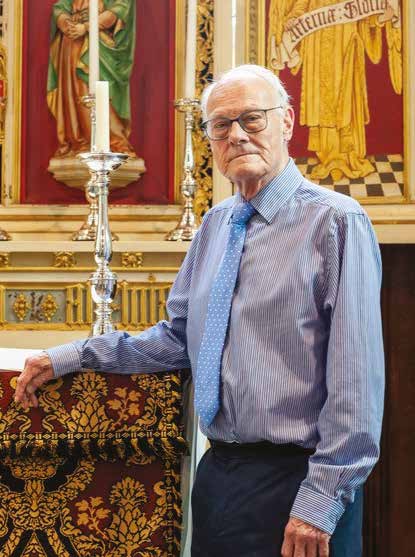GUEST BLOG: As part of our #ThemeOfTheMonth focus on the after effects of lockdown Neil Richardson, author of Waking Up to God, challenges us to rethink what it means to be a Christian and asks ‘are we missing the point?’.
Have we been changed by the pandemic and the lockdown? The effects of Covid continue, and who can say when or how they will end. In the meantime, what is happening to us? And what should we look for and aim for? These are hard questions, especially as our country, and most of the world, lurches from crisis to crisis. We can easily be overwhelmed by multiplying crises, whether personal, national, or global.
A new research project based at Cambridge University offers a wider perspective. What is aliveness? This question, at the heart of the project, includes the issue of the origin and meaning of life. According to one of its leading researchers, Nobel Prize-winning astrophysicist Didier Queloz, there are more than 5000 planets in the universe of which the question may be asked ‘Is there any life there?’. The global research team includes not only scientists, but philosophers and theologians, such as Andrew Davison, Associate Professor in Theology and Natural Science and an Anglican priest. The breadth of this research focusing on what ‘aliveness’ actually is suggests that we should stop taking a number of things for granted – especially the mystery of ourselves, homo sapiens, and the astonishing variety of other life on the planet we inhabit.
Yet our crisis-ridden life, amply illustrated by daily headlines from across the world, obscures or crowds out deeper questions. The question of what ‘aliveness’ at its best might entail is rarely addressed. What factors really enable our species to flourish? Is there an optimum potential for homo sapiens? Is there a common future we should be aiming for? That history is accelerating seem undeniable. But in what direction?
Headlines reveal our preoccupations: the cost of living, money and growing the economy, a European war, a growing refugee crisis, and much more. All are important, although the state of the planet shows clearly enough that we can’t go on growing our economies even if renewable energy promises a partial way forward.
Against this background, a sea-change has been creeping over the Christian faith, unnoticed by many inside and outside the churches. Of course, the very mention of the word ‘Christian’ is a turn-off for many people – and with good reason given the conservative role of the Church in many areas of life. But is it not possible that the observation of G.K. Chesterton still stands?
It’s not that Christianity has been tried and found wanting; it’s never really been tried.”
Given what I’ve called the ‘sea-change’ creeping over the Christian faith today, maybe Chesterton’s observation is truer even than when it was first made a hundred or so years ago.
Perhaps it’s time to re-visit the question of God. But where to start? Perhaps here: the first Christians were soon accused of being atheists. Maybe it was because they implied that the word ‘God’ was more a verb than a noun. The Jewish people long before had an intimation of this. In an ancient story, when asked by Moses what his/her name was, God replied: ‘I will be what I will be’ (Exodus 3.13-14). Hebrew prophets and psalmists distinguished between ‘the living God’ and the idols of nations, cities and tribes, including the ‘gods’ of areas of life such as love and war. They believed all such gods and idols dehumanized human beings. Sometimes, of course, the Christian ‘god’ dehumanizes today. How can we deny that, in the face of clerical sexual abuse, and the alliance of Christian fundamentalism with reactionary forces in many countries?
But I believe many atheists have not fully appreciated what it is they don’t believe in. God is not a supernatural being. Language like that misleads. Better to say that ‘God’ is the Mystery which (or who) pervades the whole of life and creation; that Mystery is the very air we breathe, the source of the illumination and truth by which, recognized or not, we humans flourish.
I suggest that what is lacking in our day is a refurbished Christian faith.
Perhaps the Churches need to clear away the debris of centuries. Not a root-and-branch clearance, but one which will help us towards a rediscovered, contemporary Christian orthodoxy. A Christian from India used to say that Christianity has to undergo a ‘purifying transformation’. There can be no such transformation without fire – a bonfire which is, at the same time, a purifying fire.
So much of the old is misunderstood by many, or largely incomprehensible. ‘One, holy, catholic and apostolic Church’? The venerable words need to be explained. Better still, they need to be lived. ‘One human, contemplative and prophetic Church’ is a step in the right direction, where ‘prophetic’ means, not judgemental, but a Church which, by action and by word, points a broken world in the direction of its healing and peace. The word ‘apostolic’, whatever else it means, identifies the Church as the one organization on the planet entrusted with keeping alive the story of Jesus.
Such a Church will help to create churches which are less church-centred. Many churchgoers seem not to have noticed that the New Testament implies that ‘supporting the Church’ and ‘keeping it going’ is none of their business. If God there is – a Mystery far greater than we churchgoers commonly recognize – supporting and keeping the Church just might be the work of that often elusive Mystery.
Christians are called to be human rather than ‘religious’ (whatever that slippery word means) and more immersed in the world than we often appear to be. Which brings me to a searching remark for any preacher: ‘the Gospel hasn’t been preached until it’s been heard’. If it had been heard, perhaps the Christian churches would be less tired, less anxious and less divided than we are.
âNeil Richardson was Tutor In New Testament Studies and later Principal of Wesley College Bristol. As British Methodist President in 2003, he co-signed with Archbishop Rowan Williams the Anglican Methodist Covenant for unity. His book, Waking Up to God: Rediscovering Faith in Post-pandemic Times, is being featured as part of our #ThemeOfTheMonth. You can get your copy – here!
